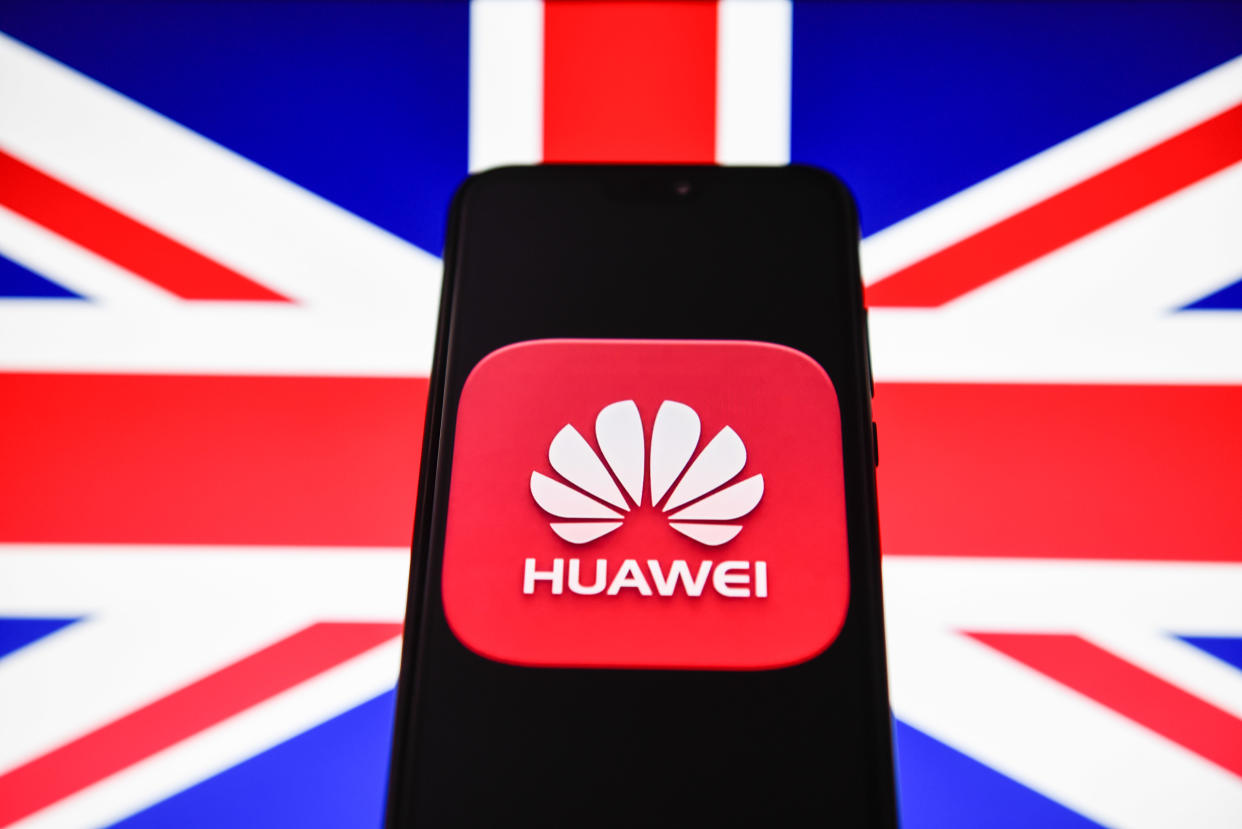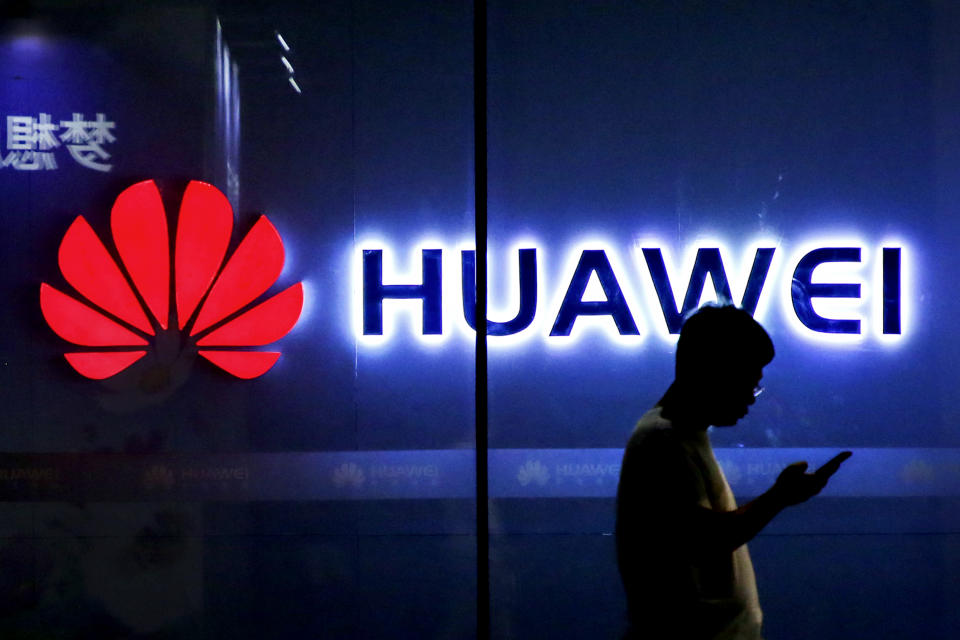Labour looking at delaying Britain's 5G rollout over Huawei security concerns

Britain’s main opposition party Labour is leaning towards delaying the rollout of 5G due to security concerns over Huawei, sources tell Yahoo Finance UK.
While Labour is currently holding off from developing an explicit policy on the matter, due to not benefitting from all the information the Conservative-led government holds, the party is believed to be prioritising national security over short term financial benefit.
Mobile networks have warned the party that it would take 18 months for rival companies to catch up with Huawei’s level of technology, but Labour believes that a delay in technology and the associated economic cost is likely to be better than the potential threat to national security.
The US, as well as a number of other countries and agencies, have continually pointed out Huawei’s ties to the Chinese government as well as emphasising China’s National Intelligence Law that says organisations must “support, co-operate with and collaborate in national intelligence work.”
Since then, the US, Australia and New Zealand, has barred local firms from using Huawei to provide the technology for their 5G networks.
While Labour is not opposed to a ban, the party remains keen on ensuring market diversity.
“If you ban Huawei, only two companies offering 5G remain” said a source involved in the process to Yahoo Finance UK. “And they are Nokia and Ericsson — both of which have Chinese supply chains.”
READ MORE: Huawei expects sales drop to $100bn and smartphone sales to tank 40%
This has led Labour to see the situation as a catch-22, where even with a potential Huawei ban, there are potentially unavoidable security issues in the supply chains of the two alternatives.
The dilemma speaks to a wider concern within Labour as to the lack of a home-grown tech centre and a need to import from abroad, which Labour has already highlighted as a key reason to invest in the sector.
Sources within Labour are keen to outline that the move is not part of an anti-Chinese sentiment, but an issue of national security. “We don’t want to be part of a US/China trade war,” said the source.
Figures within the leaders office believe that the country cannot be kept safe on the cheap, and therefore potential loss of income should not be seen as the priority. “We shouldn’t be dazzled by money” declared a source aware with their thinking.

This has added to divides between the leaders’ office and deputy leader Tom Watson, however. There was consternation when Labour’s shadow minister for Digital and close Watson-ally Liam Byrne put out a statement seeming to criticise the government for not approving Huawei. Sources close to the Shadow Cabinet therefore believe that the splits seen within the current government over the issue would therefore continue in a future Labour government.
It is currently not entirely clear what the UK government stance is over Huawei.
Last week, a group of UK mobile operators wrote a letter to the government’s cabinet secretary Mark Sedwill to urge Whitehall to clarify its position over the Chinese tech giant.
In March this year, the UK’s National Cyber Security Centre, which is part of the UK government’s intelligence and security organisation GCHQ, released a report that severely criticised the Chinese company, by saying there are “significant technical issues in Huawei’s engineering processes” and its approach to software development brings “significantly increased risk to UK operators.”

